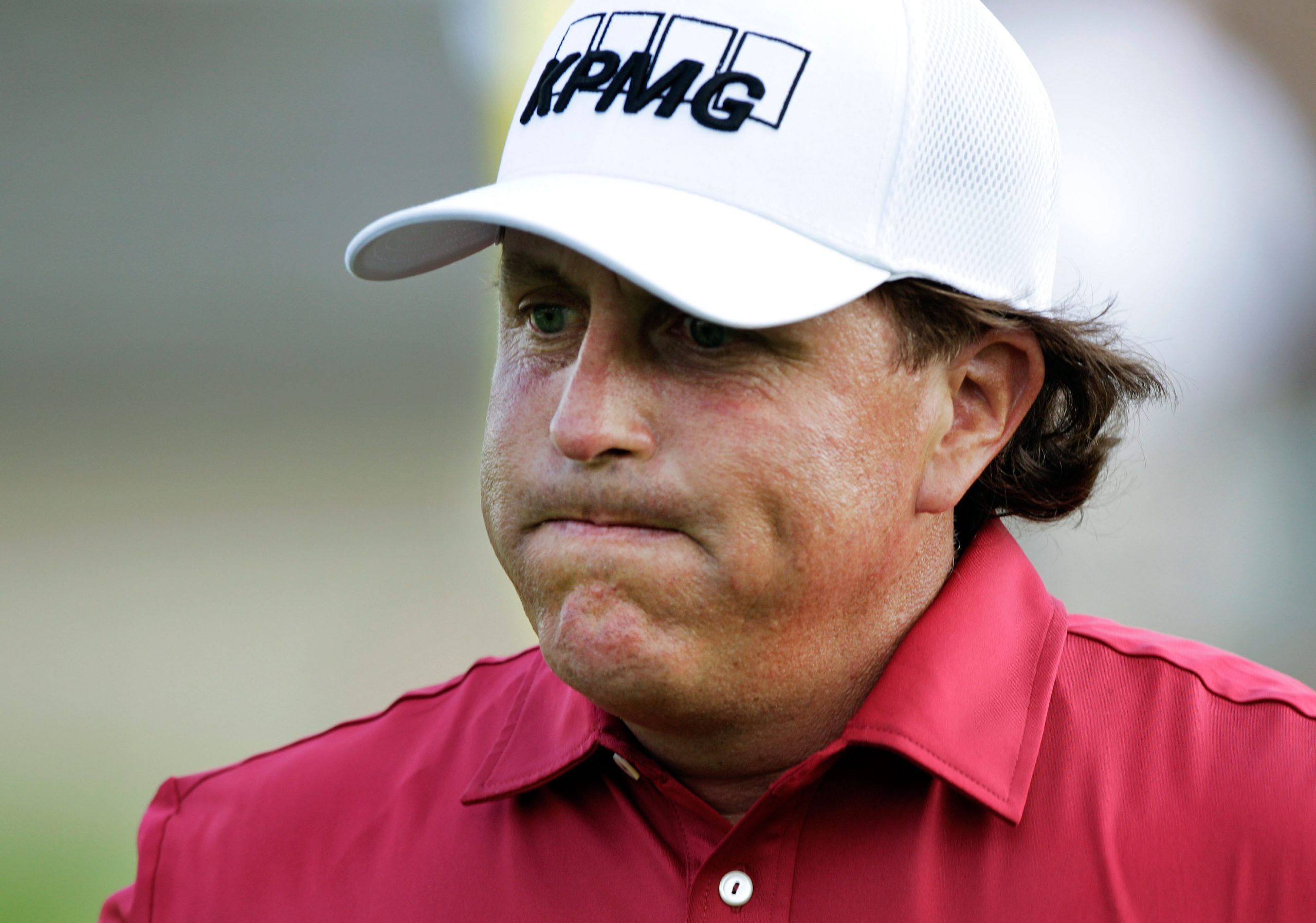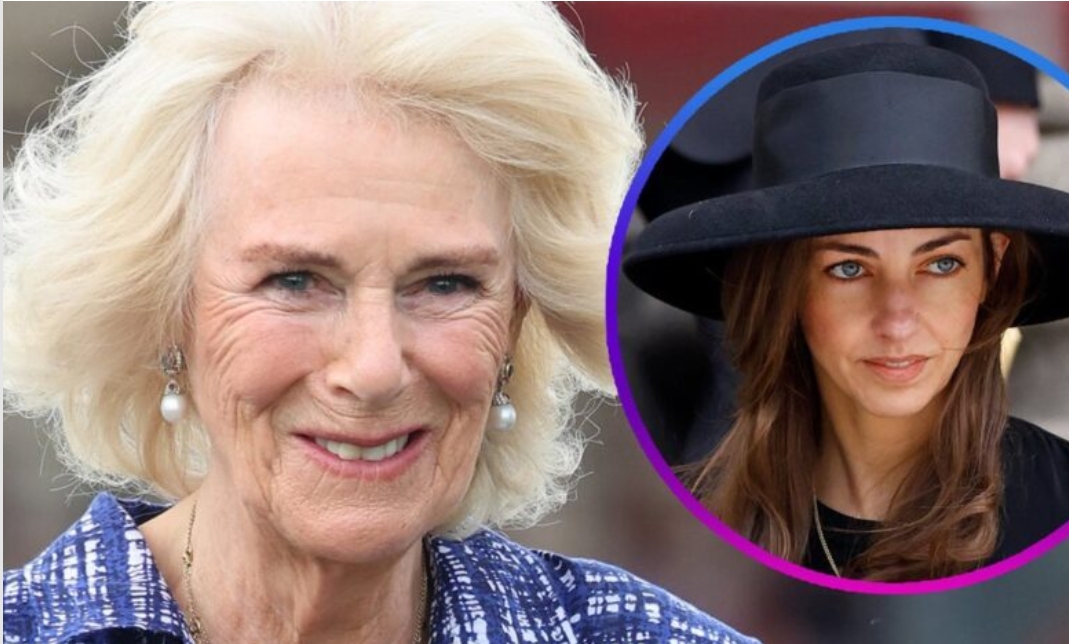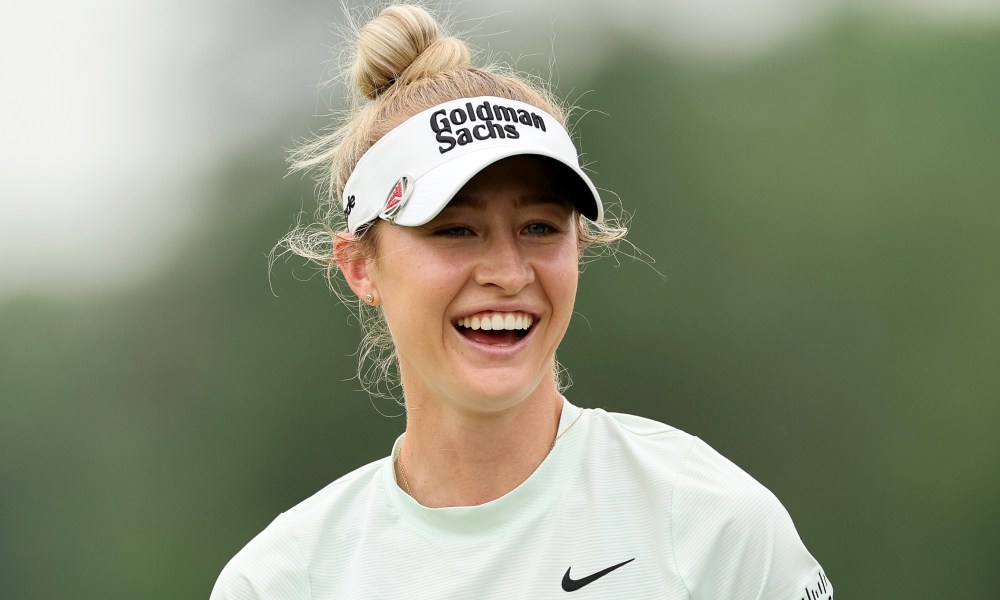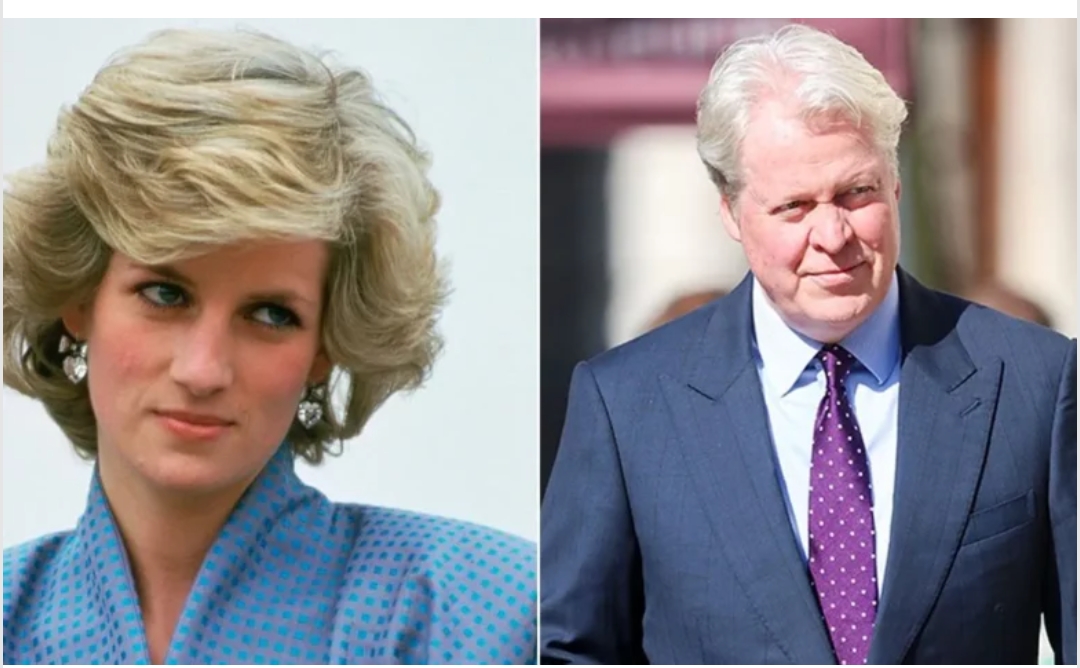The PGA Tour player guidelines have a section on “Conduct of players related to gambling.”
It states that PGA Tour players shall not:
“Associate with or have dealings with persons whose activities, including gambling, might reflect adversely upon the integrity of the game of golf.”
The PGA Tour has something ugly staring right at it, something it would rather not face, not admit and certainly not handle.
Phil Mickelson, one of the huge stars of the PGA Tour has a gambling problem.
A big gambling problem.
And it doesn’t take a private investigator or an FBI agent to figure it out.
It became painfully obvious when the SEC, that’s the Securities and Exchange Commission, not the Southeastern Conference, made Mickelson a “relief defendant” in a lawsuit stemming from an insider trading investigation in which it was discovered that Mickelson made $931,738.12 in gains from a short-term trade in Dean Foods.
What was learned from this latest foray by Mickelson into some questionable judgement and decision-making is that he is chummy with one William T. “Billy” Walters — known gambler and overall seedy character. Mickelson made the $2.4 million purchase of Dean Foods stock at the suggestion of Walters, who Mickelson apparently owed money. Yes, a gambling debt.
Mickelson ended up paying back the $931k plus about $105,291 in interest since 2012 for a total of more than $1 million.
This isn’t the first time Lefty got his putter in a wringer.
Last year about this time, it was discovered that Mickelson sent nearly $3 million through “an intermediary” as part of an illegal gambling operation, which accepted and placed bets on sporting events. Lefty’s “intermediary” was another seedy fellow named Gregory Silveira of La Quinta.
That business haunted Mickelson as he prepared for last year’s U.S. Open. It was the 6,000-pound elephant in Lefty’s mansion.
Mickelson dodged that bullet. He was portrayed as a victim.
Notice a pattern?
One time, okay, no harm. Two times? Now we have a trend.
Phil Mickelson has a gambling problem and no one wants to admit it. Not Mickelson, not the PGA Tour, not any of his sponsors who pony up about $40-$50 million annually to keep Lefty’s betting funds well-stocked.
If Mickelson were in the NFL, NBA or Major League Baseball, he would most likely have faced a long suspension.
But golf?
The Associated Press put the question to the PGA Tour and got this from Commissioner Tim Finchem’s henchman, Ty Votaw:
“That’s something we’re in the process of looking at.”
The difficult part of this is that Mickelson is a sweetheart of the fans. He is amiable, engaging and will sign autographs, sign more then sign more. He looks fans in the eye and smiles. He has been the anti-Tiger Woods when it comes to that.
It also has to have the suits at KPMG squirming. KPMG is a tax, audit and overall advisory firm that brings in business based on strong, clean ethics. So Mickelson’s dealings with dubious characters have to have the big boys at KPMG wondering if they need to renew their sponsorship with Phil when it expires after 2016.
Callaway can’t be happy either, nor can any of the companies that combine to underwrite his personal wealth to the tune of $40-$50 million a year.
Which brings us back to the dealings with Billy Walters.
Why didn’t Mickelson just pay off the gambling debt and be done with it?
Mickelson needs to look at himself in the mirror and ask himself how a smart guy like him could make such bad decisions?
The PGA Tour has to do something as well.
Perhaps it’s a strong slap on the wrist with the proviso that Mickelson undergo counseling for his gambling habit.
Better still, Mickelson needs to give up the gambling gig altogether.
It’s not healthy for him or his family and it sheds dark light on the tour.
It is that simple yet that complex.
Gambling, like any other addiction is dangerous and destructive.
And Phil Mickelson needs to come to that realization.



